Intro
Discover 5 effective ways to treat cold sores, including natural remedies, medications, and self-care tips to alleviate symptoms, reduce outbreaks, and promote healing for faster cold sore relief and prevention.
Cold sores, also known as fever blisters, are a common viral infection that can cause discomfort and embarrassment. They are typically characterized by small, fluid-filled blisters that appear on the lips, mouth, or around the oral area. The herpes simplex virus (HSV) is the primary cause of cold sores, and once contracted, the virus remains dormant in the body, potentially reactivating to cause future outbreaks. Understanding the importance of managing and treating cold sores is crucial for reducing their frequency, severity, and impact on daily life.
The prevalence of cold sores highlights the need for effective treatment options. Many people experience recurring cold sores, which can be triggered by various factors such as stress, sunlight, illness, or hormonal changes. While there is no cure for cold sores, several treatments and remedies can help alleviate symptoms, reduce healing time, and prevent future outbreaks. From over-the-counter medications to home remedies and lifestyle changes, the approach to treating cold sores can vary significantly. It is essential to explore the different methods and find the most suitable one for individual needs.
The search for effective cold sore treatments has led to the development of various products and strategies. Some treatments focus on reducing the severity of symptoms, while others aim to prevent outbreaks altogether. With the abundance of information available, it can be challenging to determine the best course of action. However, by understanding the different treatment options and their benefits, individuals can make informed decisions about managing their cold sores. Whether seeking to alleviate current symptoms or prevent future outbreaks, there are several approaches that can be taken to treat cold sores effectively.
Understanding Cold Sores
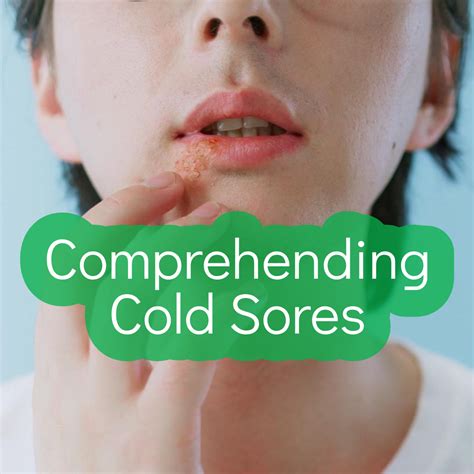
Types of Cold Sores
There are two main types of herpes simplex virus: HSV-1 and HSV-2. HSV-1 is the most common cause of cold sores, typically affecting the oral area, while HSV-2 is more commonly associated with genital herpes. However, both types of the virus can cause cold sores in different areas of the body. Understanding the type of virus causing the cold sore can help individuals take appropriate precautions to prevent transmission and manage symptoms.Treatment Options for Cold Sores
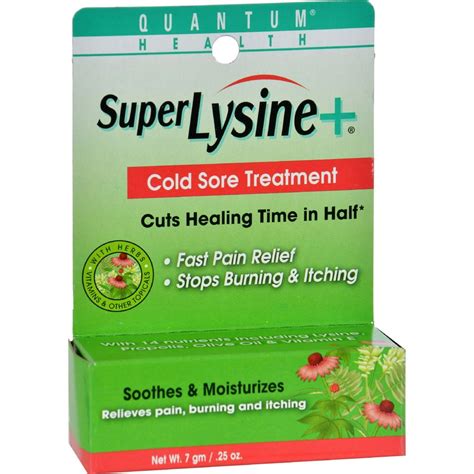
Over-the-Counter Medications
Over-the-counter medications, such as docosanol (Abreva) and lidocaine, can help alleviate cold sore symptoms. These medications typically work by reducing the severity of symptoms, such as pain and itching, and can be applied directly to the affected area. However, it is essential to follow the instructions carefully and consult a healthcare professional if symptoms persist or worsen.Home Remedies for Cold Sores
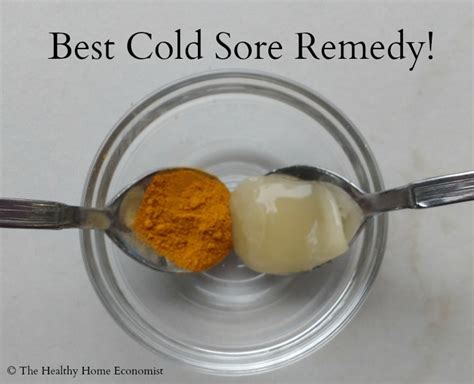
Lifestyle Changes
Making lifestyle changes can also help prevent cold sore outbreaks. Reducing stress through techniques such as meditation or yoga, getting adequate sleep, and maintaining a healthy diet can all contribute to a stronger immune system. Avoiding triggers, such as excessive sunlight or certain foods, can also help prevent outbreaks. By combining medical treatments with lifestyle changes and home remedies, individuals can develop a comprehensive approach to managing cold sores.Preventing Cold Sore Outbreaks
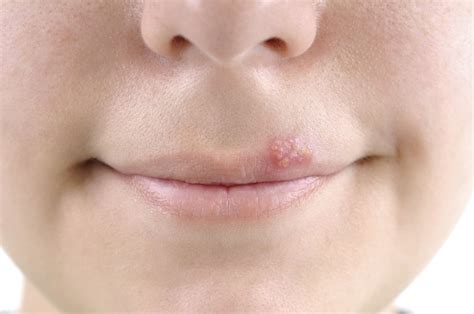
Managing Triggers
Identifying and managing triggers is crucial for preventing cold sore outbreaks. Common triggers include stress, sunlight, illness, and hormonal changes. By being aware of these triggers and taking steps to manage them, individuals can reduce their risk of experiencing an outbreak. This may involve making lifestyle changes, such as reducing stress or avoiding excessive sunlight, or seeking medical treatment to manage underlying conditions.Cold Sore Treatment Products
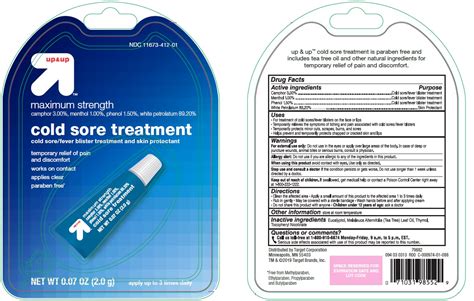
Prescription Medications
Prescription medications, such as acyclovir (Zovirax) and valacyclovir (Valtrex), can be effective in treating cold sores. These medications work by reducing the replication of the herpes simplex virus, thereby shortening the duration of an outbreak and reducing the severity of symptoms. However, prescription medications should only be used under the guidance of a healthcare professional, as they can have potential side effects and interact with other medications.Natural Remedies for Cold Sores
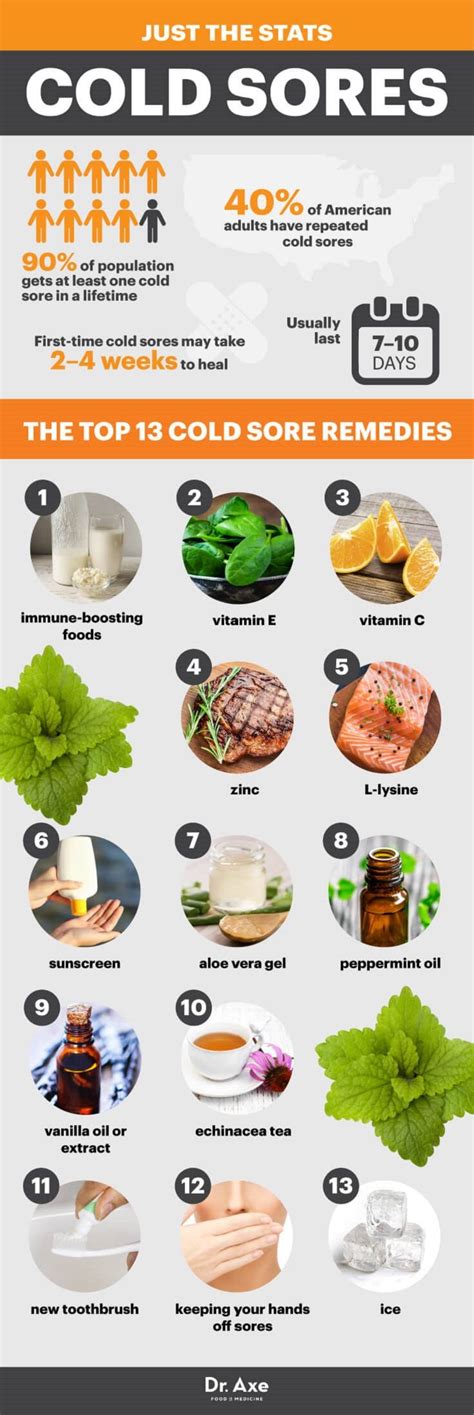
Herbal Remedies
Herbal remedies, such as peppermint oil and chamomile, can provide soothing relief for cold sore symptoms. These remedies can be applied topically to the affected area or consumed orally to help reduce stress and promote healing. However, it is essential to consult a healthcare professional before using herbal remedies, as they can interact with other medications or have potential side effects.What causes cold sores?
+Cold sores are caused by the herpes simplex virus, which is highly contagious and can be spread through skin-to-skin contact, kissing, or sharing personal items.
How can I prevent cold sore outbreaks?
+Preventing cold sore outbreaks requires a combination of medical treatments, lifestyle changes, and awareness of potential triggers. Avoiding skin-to-skin contact with individuals who have active cold sores, practicing good hygiene, and using sunscreen can all help reduce the risk of transmission.
What are the symptoms of a cold sore?
+The initial symptoms of a cold sore can include tingling, itching, or burning sensations, followed by the appearance of small, fluid-filled blisters. These blisters can rupture and crust over, leading to scabbing and potentially leaving scars.
How long does a cold sore last?
+The duration of a cold sore can vary, but typically lasts between 7-10 days. However, with proper treatment and care, the healing time can be reduced, and the severity of symptoms can be alleviated.
Can I spread cold sores to other parts of my body?
+Yes, it is possible to spread cold sores to other parts of the body through skin-to-skin contact or by touching the affected area and then touching other parts of the body. Practicing good hygiene and avoiding touching the affected area can help reduce the risk of transmission.
In conclusion, managing cold sores requires a comprehensive approach that incorporates medical treatments, lifestyle changes, and awareness of potential triggers. By understanding the causes, symptoms, and treatment options for cold sores, individuals can take control of their condition and reduce the frequency and severity of outbreaks. Whether seeking to alleviate current symptoms or prevent future outbreaks, there are several approaches that can be taken to treat cold sores effectively. We invite you to share your experiences, ask questions, or provide feedback on this article, and we hope that the information provided will be helpful in your journey to manage and prevent cold sores.
